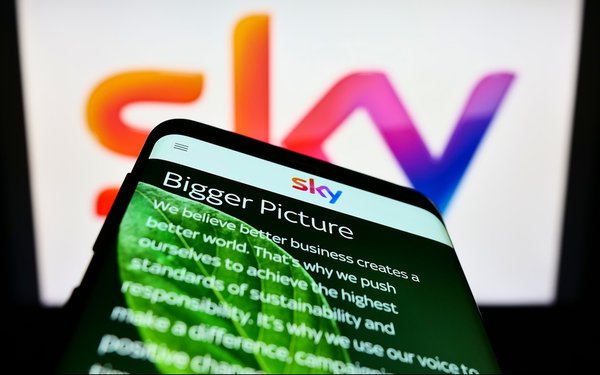
Making TV and movie distribution deals isn’t as easy as it looks -- especially when you are in a hotly competitive streaming world, where everyone wants a piece of the action. Especially
proven winners.
Comcast-owned Sky, a European pay TV service, has sued Warner Bros. -- claiming the U.S.-based studio violated its 2019 deal. The agreement, according to Sky, permits it to
co-produce TV shows, including a new "Harry Potter" TV series.
The deal includes at least four original shows each year on its service, according to Sky’s lawsuit.
Now, Sky says in a lawsuit that
Warner Bros. wants to keep all the new shows for itself -- and place them on the HBO Max streaming service in Europe.
advertisement
advertisement
This comes as major U.S.-based studios have seen
a dramatic shift in how to monetize longtime straight content distribution deals with that of business generation -- from well-known brand content -- for in-house streaming services.
Since 2019, Warner Bros. Discovery led the way in this change. For example, it does not put all its programming on its streaming service now -- especially library content. It sells
more TV series and movies to distributors around the world.
Still, highly valued brand-name content like "Harry Potter" can be a different story. Having a new TV series
attached to that name can have dramatic effects in boosting one’s streaming business.
Research has shown that many active streaming consumers -- those that
fluctuate between signing on and off a service on a month-to-month basis-- make those decisions based on new content.
One can imagine that in the initial
talks in 2019, Warner Bros. would have been in a different position -- looking to make a more advantageous, straight distribution deal, involving no ownership. But then deciding that a co-production
would secure a long-term distribution partner --as well as bringing down costs.
For premium streamers, these days deal-making for TV shows appears to be an increasingly
difficult juggling act -- whether with straight distribution deals or co-productions -- with the challenge of how to maximize revenue for an overall company while keeping costs down, especially for
its barely profitable streaming businesses.
Think back to the early deals of streamers in 2019 -- even in terms of straight distribution deals. Netflix had
NBCUniversal's "The Office" library programming, and Warner Bros. had "Friends." Both studios, respectively, wanted that content back for their Peacock (NBCU) and then HBO Max (Warner Bros.)
streamers.
Given more competition and maturation of the business to come, are premium streaming distribution and co-production deals set to change... again?